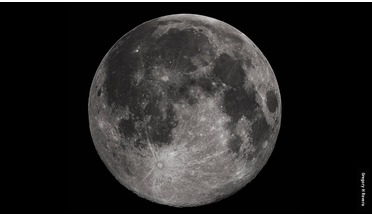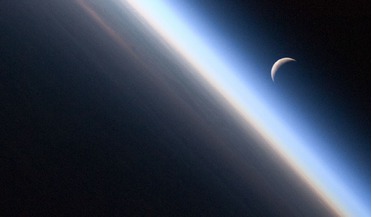 November 2021
The philosophy of space missions today
November 2021
The philosophy of space missions today
..., or extraterrestrial life that may be affected in some way by the mission. Given these three different emphases, the philosophy of space missions may take the form of space bioethics, space environmental ethics or the ethics of astrobiology, or even...
 March 2016
Philosophical perspectives on space
March 2016
Philosophical perspectives on space
... thing is to go immediately for the ‘bigger’ picture. From what network of events is this particular event a part? By now philosophy of science sees science as part of society with both internal and external dynamics. This is most clearly visible...
 February 2019
Chaos and creation – cultural directions for the space industry
February 2019
Chaos and creation – cultural directions for the space industry
... me greatly and given confidence that the material is effective and relevant. Although I draw from a wide range of philosophies and techniques, the lessons predominantly involve four kinds of action: speaking, making, moving and thinking. Speaking...
 January 2021
Taking out the trash in space
January 2021
Taking out the trash in space
...recycling in one form or another, but how can this philosophy be extended to space? For NASA, the answer lies in...’s In-Situ Resource Utilisation (ISRU) campaign, which follows the philosophy of using as much of the surrounding resources as possible to...
 June 2018
Archaeologist of the future
June 2018
Archaeologist of the future
... time. Time which we partly devote to art and philosophy. Time which we also greatly devote to developing new ... understood. This can be done through contemplation, art, philosophy, fundamental science, or all of these seemingly useless activities...
 March 2017
Space research inspires innovation in fashion
March 2017
Space research inspires innovation in fashion
Innovation, shape, scenario and narration as well as technology can suggest to us new ideas and products destined to revolutionise the world of production and become best sellers on the international market. For example, from Neil Armstrong’s lunar ...